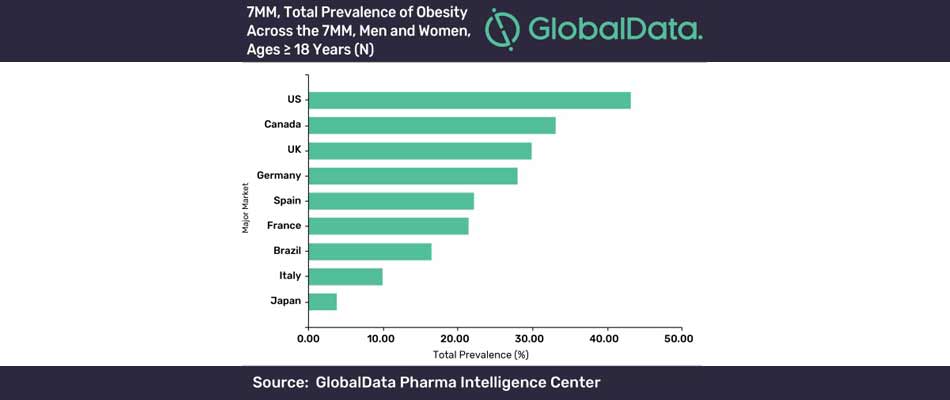Advertisement

Advertisement
Katie Wrenn, Epidemiologist at GlobalData comments: “The low prevalence of obesity in Japan can be explained through the healthy lifestyle habits that the Japanese population have continued over time. The average person in Japan is thought to consume approximately 200 fewer calories than an average American person daily. This is thought to be due to higher food prices and traditional dietary habits in Japan. The traditional Japanese diet consists of a high consumption of vegetables, fish, and soybean products, and a low consumption of animal fat, meat, and dairy.”
The Japanese population is also thought to be more physically active than many other populations worldwide, both through planned exercise and as part of their everyday life. This is partly due to the high cost of owning a car in Japan, meaning more active forms of transport are used as an alternative.
Wrenn concludes: “Obesity increases the risk of developing serious health conditions, such as atherosclerosis, high blood pressure, and several types of cancer. It is therefore crucial that these rates do not continue to rise.
“Understanding differences in the prevalence of obesity across different countries is vital for developing effective methods for obesity prevention. Data from Japan indicates the need for further policy introduction at the national level in other markets, such as those limiting the ease of making unhealthy choices like purchasing a car or buying unhealthy food.”

